At the 20th Session of the United Nations Forum on Forests India Invites Nations to Join the International Big Cat Alliance
New Delhi, NFAPost: India participated in the 20th session of the United Nations Forum on Forests (UNFF20), held at the United Nations Headquarters in New York from May 5 to 9, 2025.
India highlighted its significant progress in forest conservation and sustainable forest management, reaffirming its commitment to achieving the Voluntary National Contributions (VNCs) under the United Nations Strategic Plan for Forests 2017–2030.
India reported a consistent increase in forest and tree cover, now encompassing 25.17% of its geographical area as per the latest India State of Forest Report as a result of key national initiatives like the restoration of land under the Aravalli Green Wall, a 7.86% increase in mangrove cover over the past decade, afforestation of over 1.55 lakh hectares under the Green India Mission, and plantation of 1.4 billion seedlings under the Ek Ped Maa Ke Naam (Plant4Mother) campaign.
A key moment of India’s participation was the invitation to all UN Member States to join the International Big Cat Alliance (IBCA)—a global platform launched by India to support conservation of the seven big cat species through joint research, knowledge exchange, and capacity-building.

The Indian delegation called for global action on the outcomes of the Country-Led Initiative (CLI) hosted by India in Dehradun in October 2023, which focused on forest fire management and forest certification. India also acknowledged and appreciated CLI efforts led by the Republic of Congo, the Democratic People’s Republic of Korea, and Austria, and emphasized the importance of integrating CLI outcomes into formal global mechanisms to support priority forestry issues.
India also hosted a side event on “Restoring Degraded Forest Landscapes: India’s Approach to Sustainable Forest Management and Climate Resilience.” The event showcased India’s experience with integrated forest restoration through policy innovation, convergence of resources, active community engagement, and use of technology for monitoring and evaluation. Key achievements and contributions toward global forest goals were presented during the session.
Further, India joined a high-level panel on “Valuing Forest Ecosystems in National Policy and Strategy,” where the delegation shared findings from pilot studies in Uttarakhand, Rajasthan, and tiger reserves. These studies quantified ecosystem services such as carbon sequestration, water provisioning, and biodiversity conservation using frameworks such as the System of Environmental-Economic Accounting (SEEA) and the Millennium Ecosystem Assessment (MEA). While acknowledging challenges in valuing non-market services, India emphasized the need to integrate ecosystem valuation into national planning for informed forest governance and long-term ecological sustainability.
The Indian delegation to UNFF20 was led by Sushil Kumar Awasthi, Director General of Forests and Special Secretary, Ministry of Environment, Forest and Climate Change, Government of India.


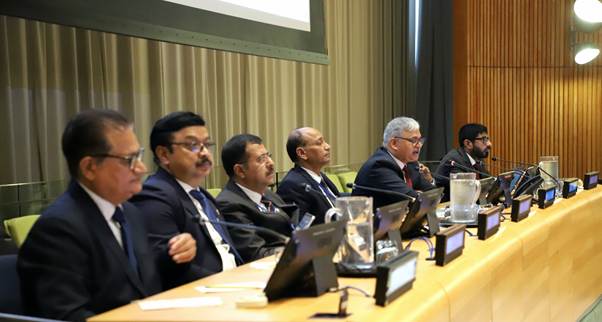


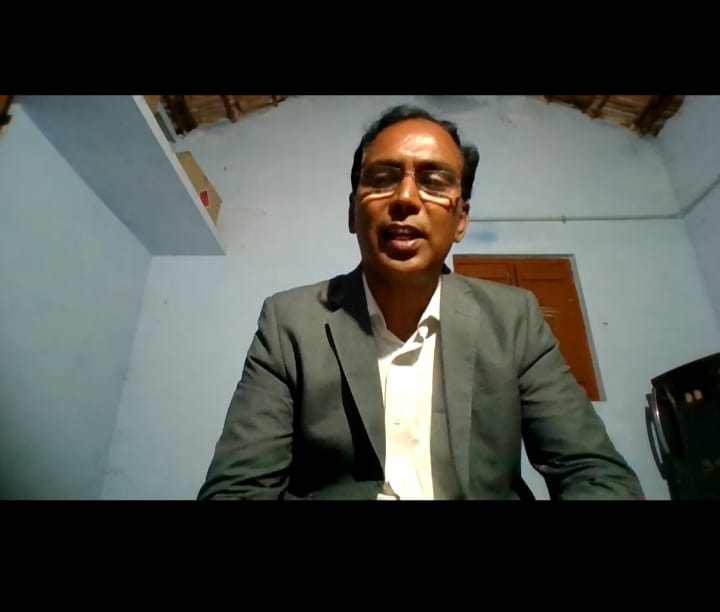
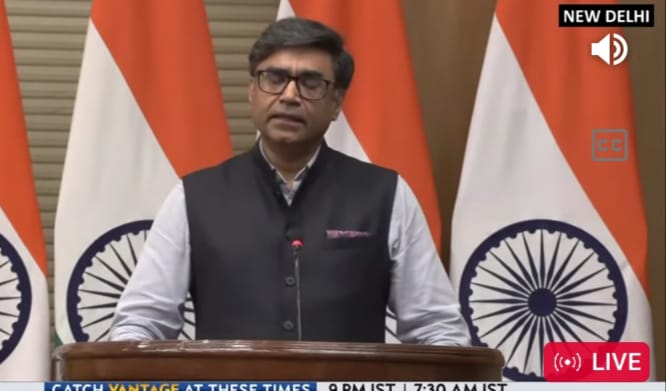
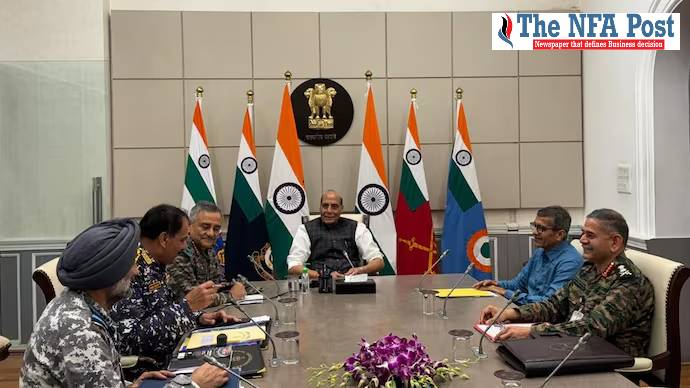
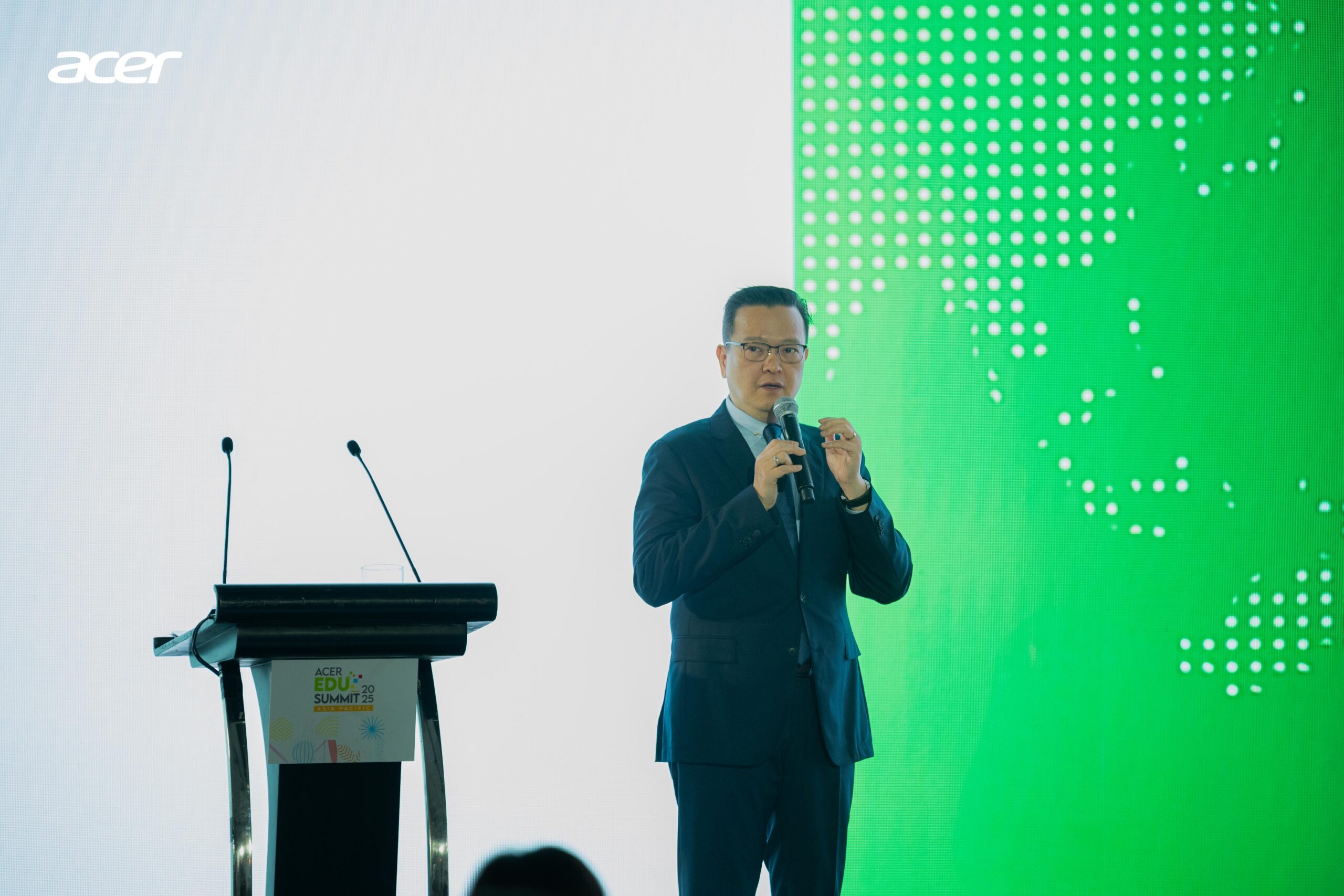
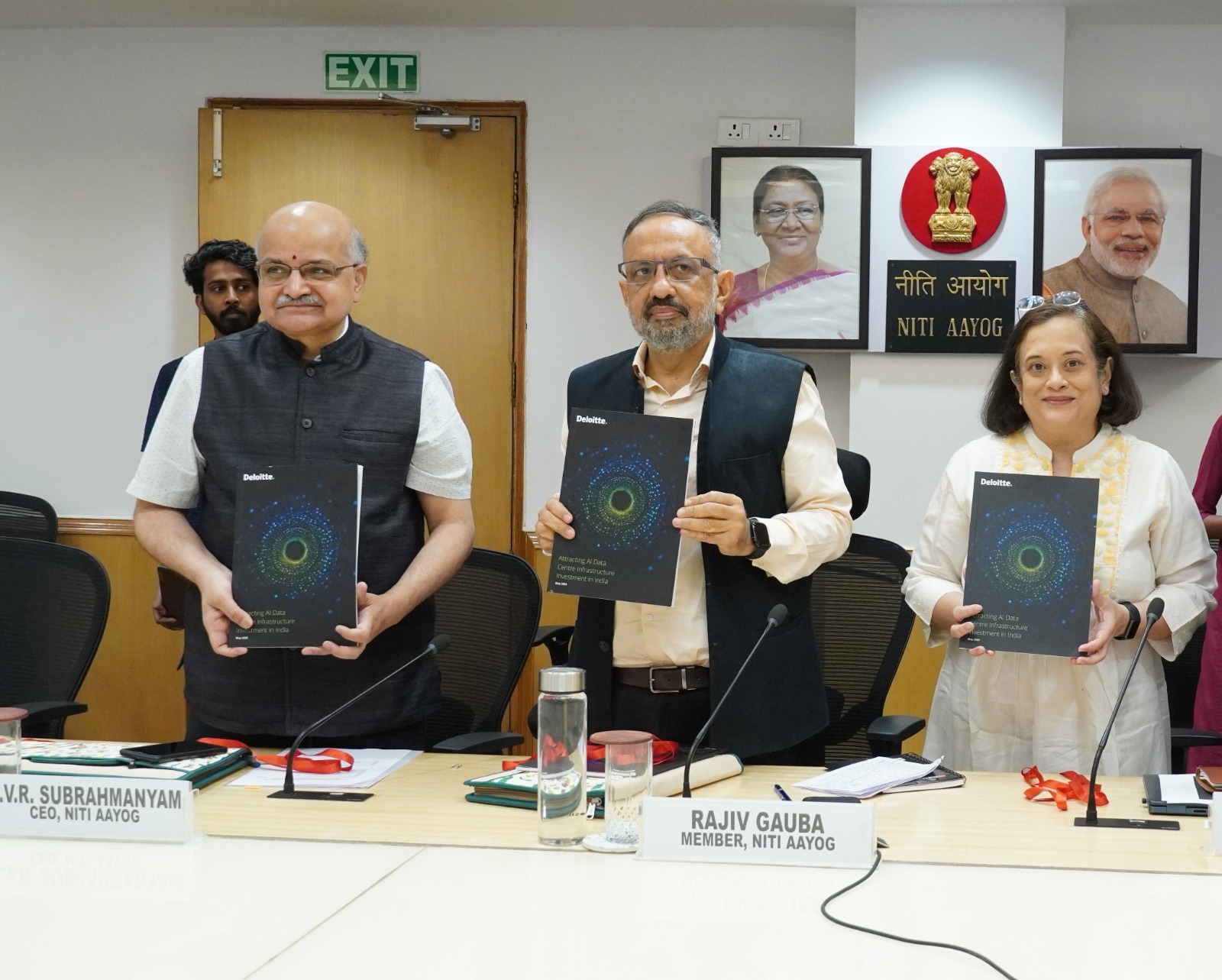

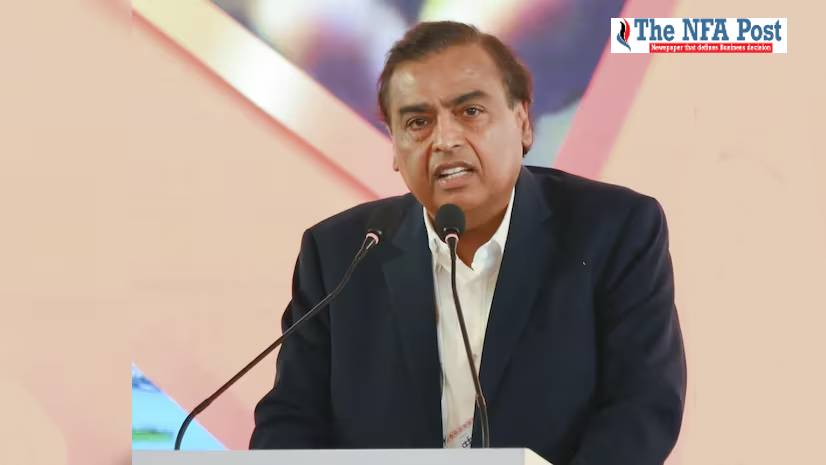
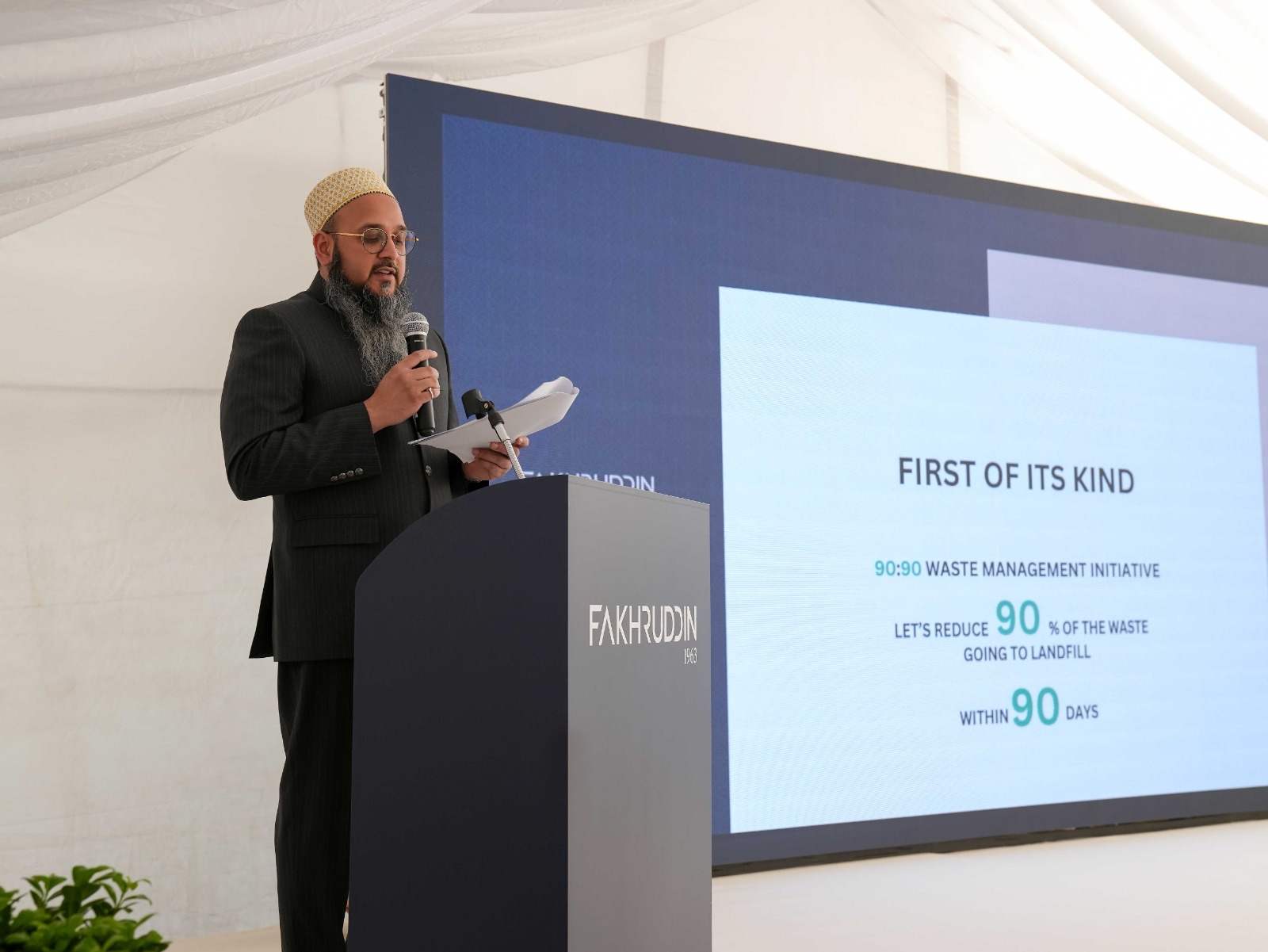




Leave a Reply